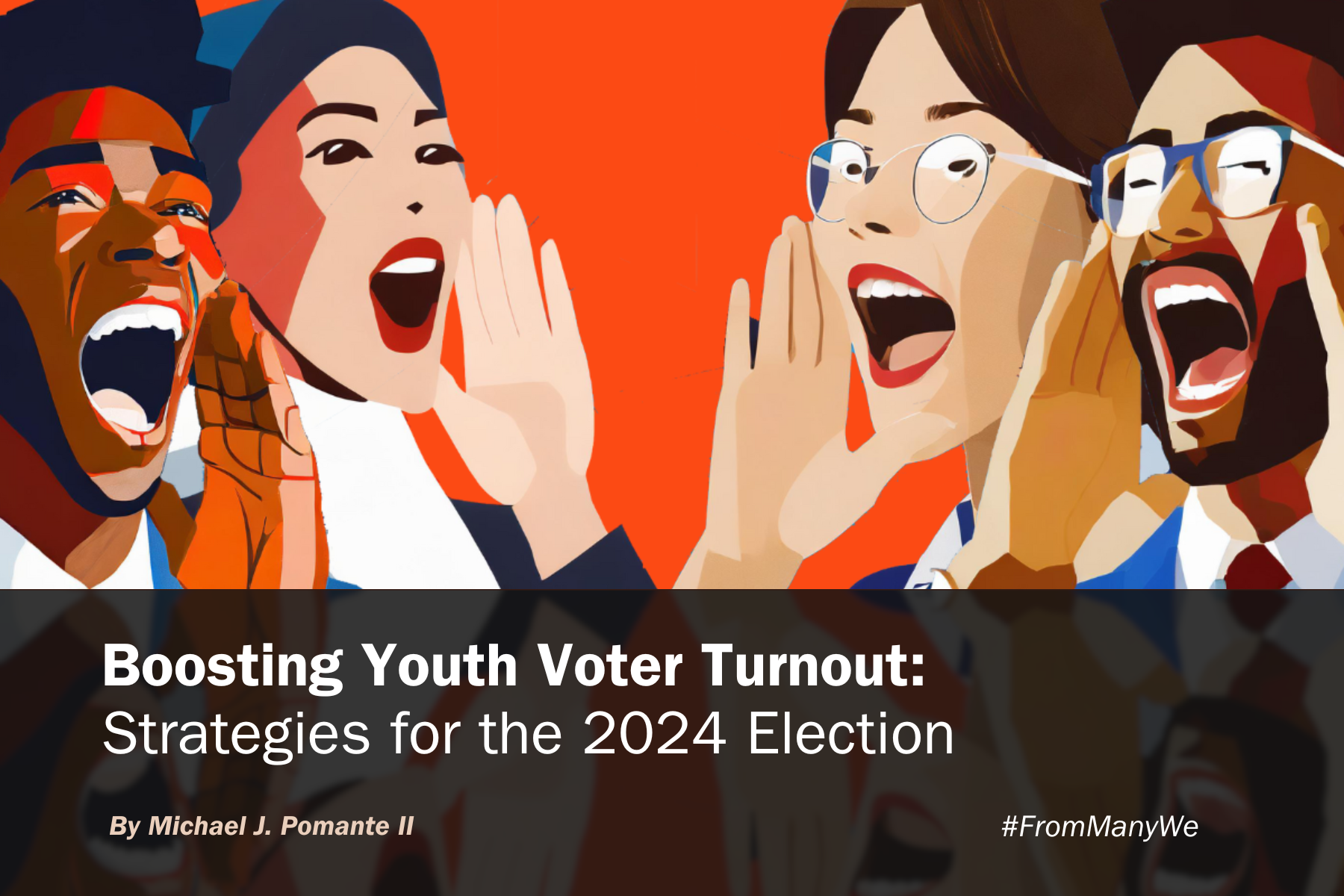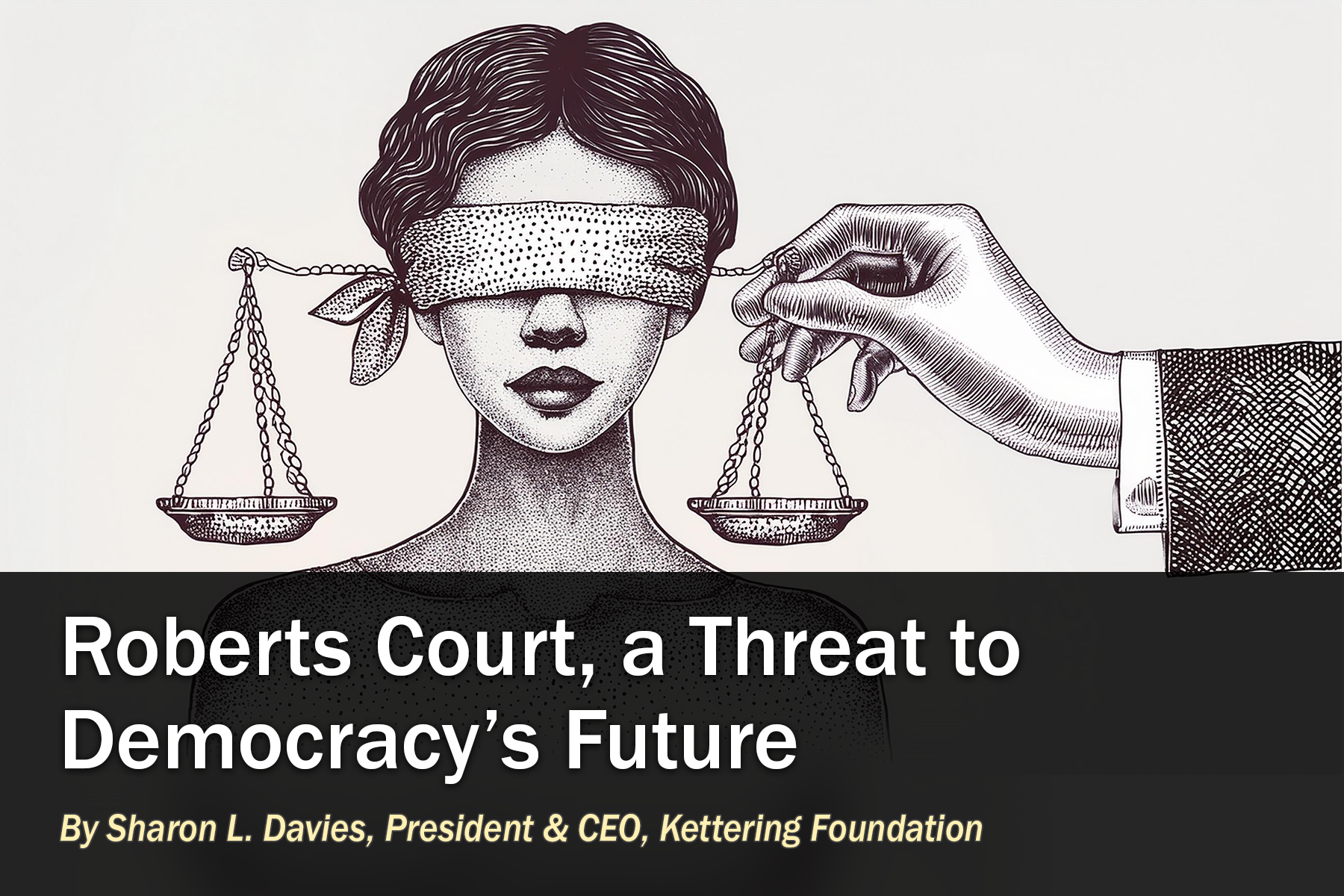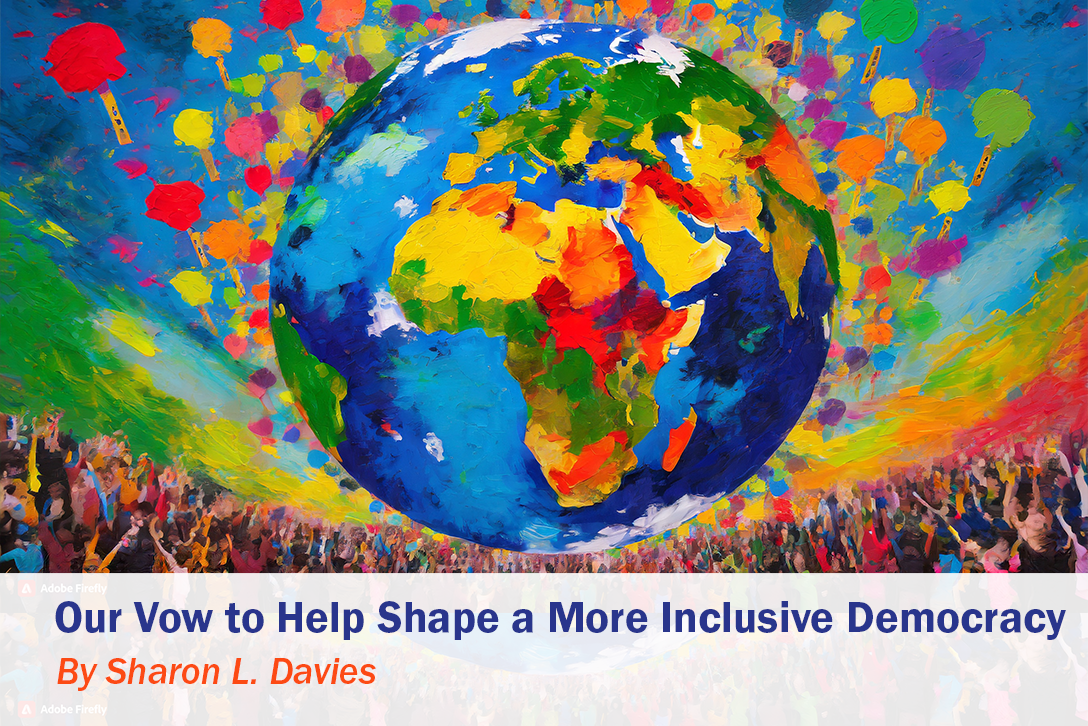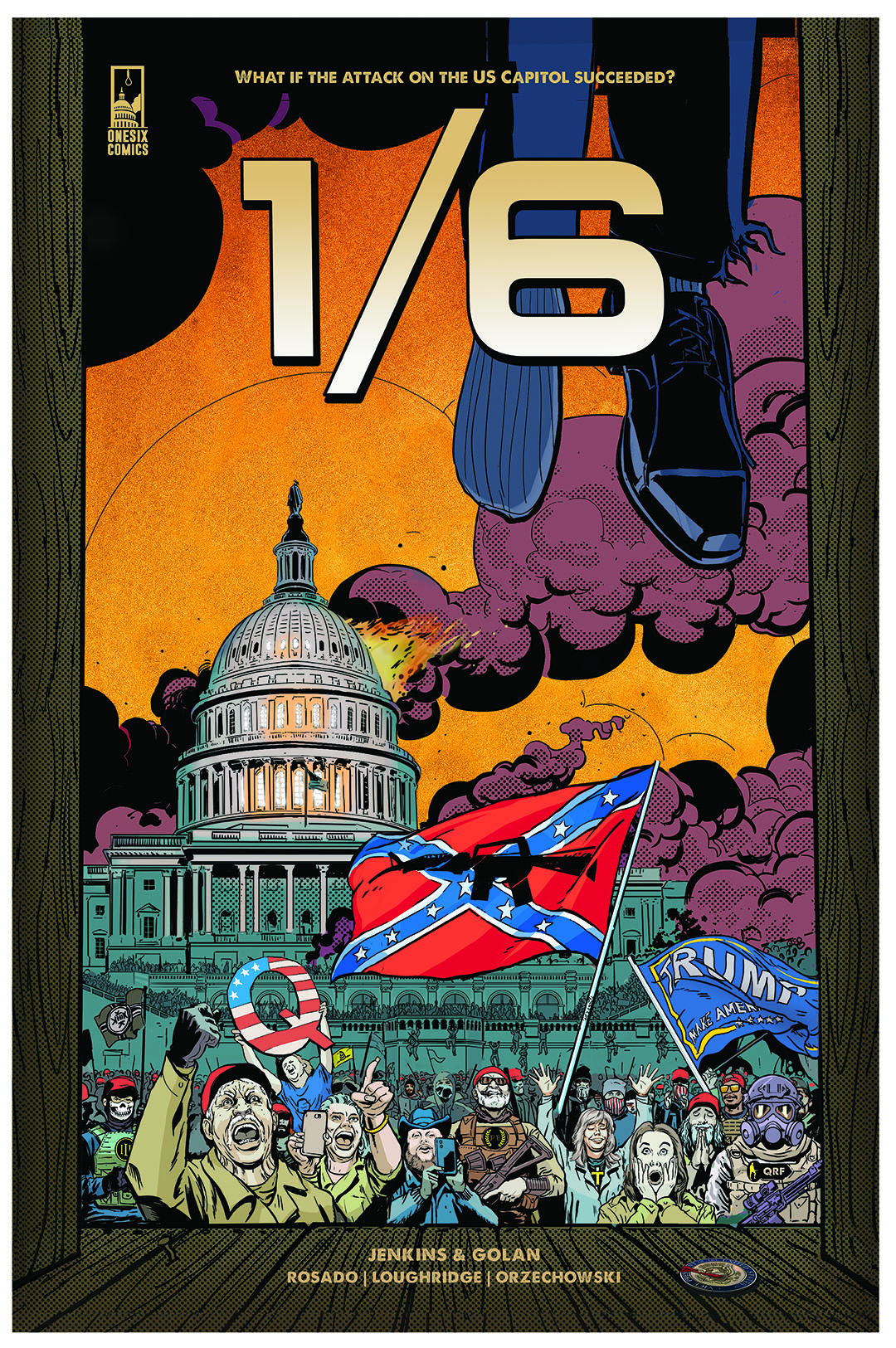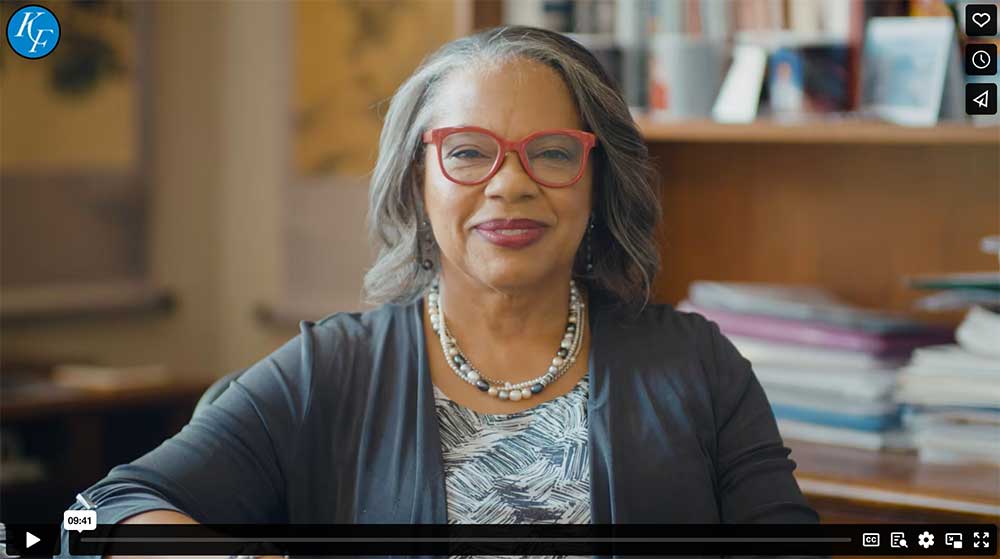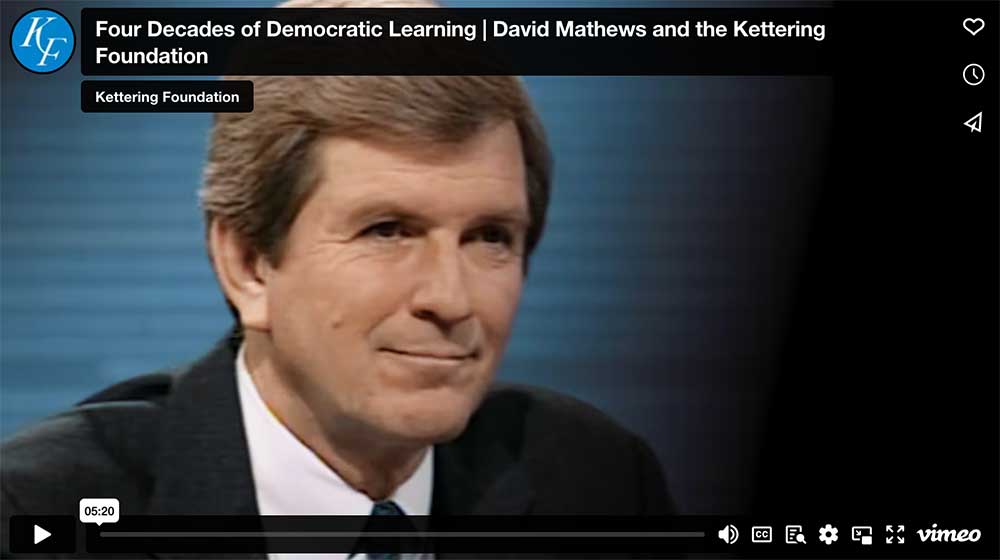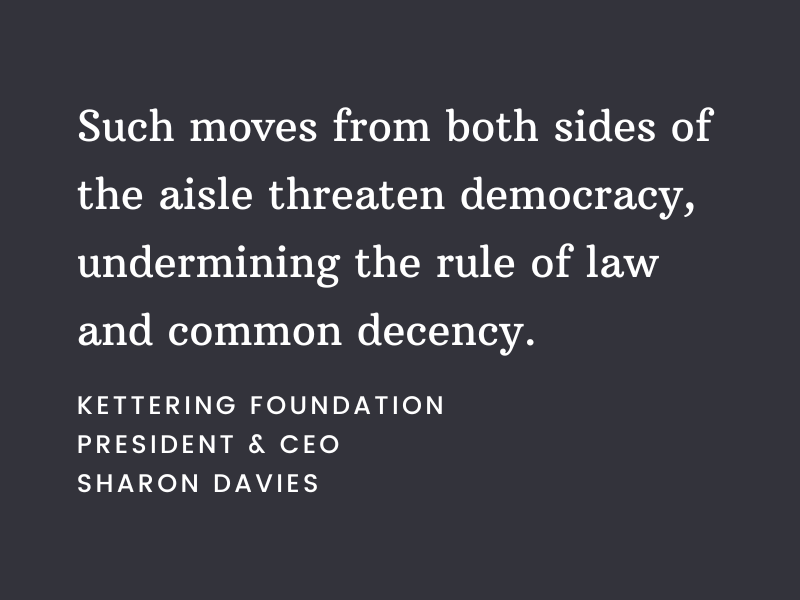Journalists Need to Question How They Name, Frame Issues
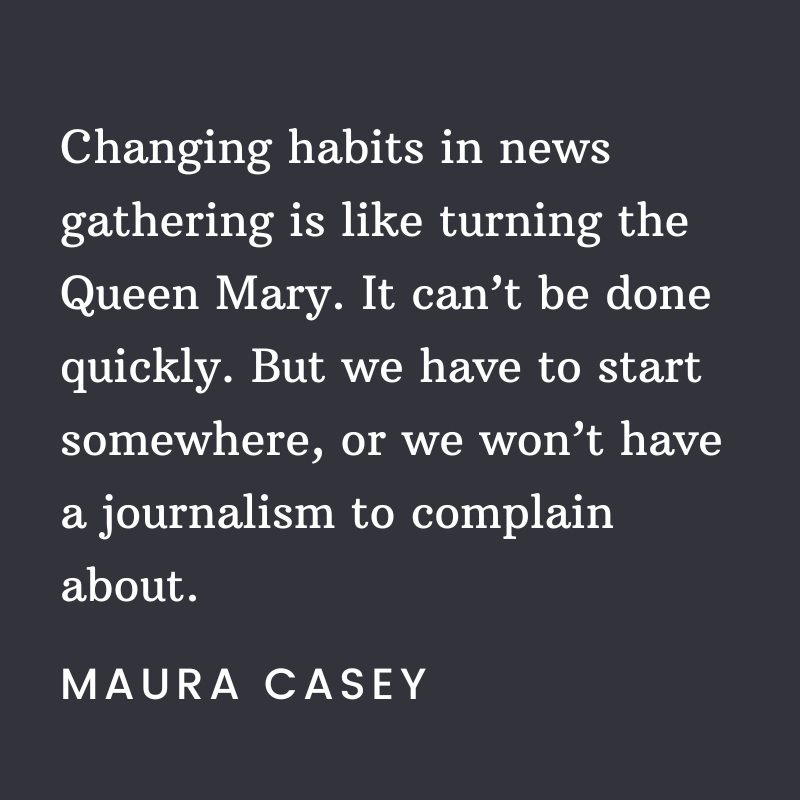
In March, Maura Casey, a Kettering Foundation senior associate and former journalist, addressed journalism students at Northern Kentucky University. Her speech draws on Kettering’s research into how institutions of all kinds, including journalism, can better align with the democratic work of citizens. Casey argues that it is time for journalists to see the role of citizens in a democracy differently.
I became a journalist shortly after the Civil War.
Well, some days it seems that way. When I think of journalism before the internet, I feel like a blacksmith during the dawn of the automobile era.
You see, news gathering used to be a lot simpler.
Those of us with careers before social media swallowed the Earth were certain of our role in reporting. It seemed so clear cut: we provided ordinary people information on both sides of lots of issues; talked to experts, citizens, and people in public life regularly; assumed we were generally free of bias; and felt like we had the best jobs on the planet. In my case, working for the New York Times in particular felt like being paid to have fun.
Yet, for as much joy as we took in our jobs, here’s what we often didn’t do:
We didn’t think about consciously naming and framing issues. We accepted expert terms for most stories. It was the rare editor—I had one—who questioned euphemisms such as “executive sessions” on occasions when leaders would discuss issues without reporters present. My editor, Dan Warner of the Lawrence Eagle-Tribune in Massachusetts, insisted that we refer to these occurrences the way he saw them, which is that they were “secret meetings.” As in, “The Lawrence school board left the chambers to hold a secret meeting late last night.” It drove public officials absolutely wild and resulted in far fewer instances of what they insisted were “executive sessions.”
But there were so many other terms that we didn’t think about, including the notorious “achievement gap” to discuss the difference in test scores between races or “food insecurity,” a term that papers over the international disgrace that in the richest country on the planet some kids go to bed hungry.
We consistently picked certain stories for page one and yet insisted we had no bias. We wrote stories about the deaths of prominent local white men, mostly, who were automatically considered newsworthy. We didn’t think about how or when people, women in particular, without titles or big jobs might deserve a lengthy obituary, too, even if they never ran for office. We didn’t question that the way we covered the state legislature publicized the priorities of those who govern but not necessarily those who were governed.
Often, we covered stories based not just on obvious news such as a house fire, but on conflict, which drove most of our stories. We covered a problem but not a solution unless experts suggested one. We didn’t help citizens connect to one another.
We took democracy for granted. We knew journalism was critical to how democracy functioned, though, because of the simple fact that you can’t take your eyes off some people for a minute. But our contributions to democracy amounted to, well, just doing our jobs.
We didn’t “see” citizens and their roles in all the beautiful, nonofficial, and overlooked ways that people can and do make democracy work by coming together and saying, “What should we do?” We had never heard of terms such as a “shared public problem.”
I wish I could say I thought about all this while I was a journalist, but I have thought more about this in my role as a senior associate at the Kettering Foundation than I ever did while working at four newspapers.
Yet those concepts—of democracy as more than voting or professional roles, of journalism as more than providing information, of citizens doing work that is routinely critical to democracy and yet almost invisible—are all ideas the Kettering Foundation is contributing. Most important, to me, is the foundation’s research-based belief that how a journalist or a citizen frames an issue and names a problem has an impact on both journalism and democracy itself.
Journalism has never stood still. It is always evolving. But in the last 25 years, it has been buffeted by more technological events than in the previous 200.
I wish journalists had covered issues such as the pandemic or climate change or all the disruption of the last two years in a way that helped citizens feel less helpless. We haven’t questioned the conflict-driven nature of most news stories: who is up, who is down, and what is wrong. Yet, in not questioning that approach, journalists haven’t helped citizens see what they could do.
Not just experts, government officials, or elected leaders. Just folks.
And because journalism hasn’t done that very often, some people are walking away.
In February, I had the experience of driving down the eastern seaboard visiting people I had not seen in months or years. I socialized with five different couples. Two couples are retired journalists (two of them were TV reporters and two worked in newspapers). Those couples still watch or read news regularly.
The other three couples, all well-to-do, highly educated with advanced degrees, racially diverse, from a variety of professional backgrounds, read online or watch TV news at the absolute bare minimum. They just can’t stand it. It has a negative impact on their mental health. So they severely limit their exposure to news if they bother with it at all. They see it as not irrelevant to their lives, but overwhelmingly negative.
If this is a trend, it explains the drop in newspaper circulation and viewership, and the cratering of forms of legacy media. It is also dangerous for democracy.
A lot would change in journalism if reporters and editors did several things in every story when possible. These are all part of the Kettering Foundation’s democratic practices:
- Cover stories with a bias toward what citizens can do—not just inform them of a problem. In doing so, a reporter would help people see one another in the stories, connect with one another, and work on solutions.
- Name and frame consciously, with an awareness of how doing so has an impact on coverage.
- Question the terms, especially expert terms, used in stories.
Changing habits in news gathering is like turning the Queen Mary. It can’t be done quickly. But we have to start somewhere, or we won’t have a journalism to complain about.
